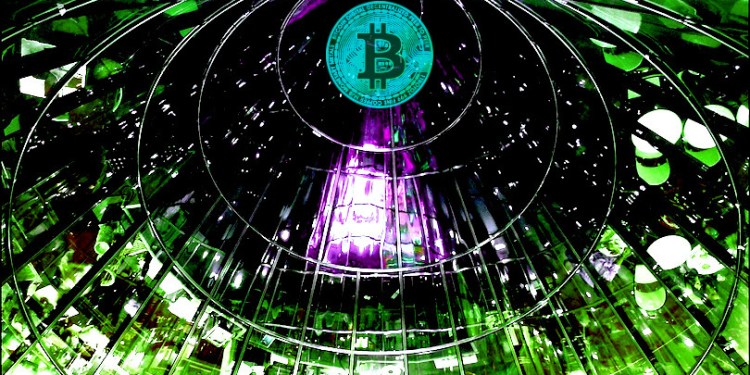The US Treasury Department has issued sanctions on three Chinese nationals accused of trafficking synthetic opioids, blacklisting 11 Bitcoin addresses and one Litecoin address associated with the group.
According to the Treasury, the drug kingpins ran an international operation that directly contributed to opioid addiction and deaths in the US.
“The Zheng DTO touted its ability to create custom-ordered drugs and avoid detection from customs and law enforcement officials when shipping the drugs through express mail and the U.S. Postal Service. The Zheng DTO also used its chemical expertise to create analogues of drugs with slightly different chemical structures but the same or even more potent effect…
The Zheng DTO laundered its drug proceeds in part by using digital currency such as bitcoin, transmitted drug proceeds into and out of bank accounts in China and Hong Kong, and bypassed currency restrictions and reporting requirements.”
It’s not the first time the US has moved to ban Bitcoin addresses. In November of last year, the Treasury added two Bitcoin addresses to its sanctions list that were connected to two accused Iranian cyber-criminals.
It remains to be seen what the full impact of escalating efforts to blacklist Bitcoin addresses will have on the leading cryptocurrency.
According to Babel Finance CEO Flex Yang, crypto traders are already willing to pay more for “virgin” Bitcoin – never before traded, transferred or connected to any criminals, crimes or illicit activities.
“Bitcoin has, in a sense, become the new trust fund. Buyers have entered the market for virgin bitcoin, in large part, due to their novelty. With such coins, there persists a notion of rarity and exclusivity, prompting buyers to pay as much as a 20% markup on coins with no transaction history.
Adding additional value is the fact that the virgin coins are believed to comply with the recent FATF recommendations. Virgin bitcoin might not benefit family funds or individuals making the purchase. Still, there is clearly more confidence in virgin coins, and they continue to fetch high premiums.”
The CEO of the Bitcoin compliance company BitAML says efforts to ban Bitcoin addresses could have “radical” implications on the future of the leading cryptocurrency.
Joe Ciccolo penned an article for CoinDesk last year, predicting that you can say goodbye to the notion that one BTC will always be worth the same as any other BTC.
“Kiss fungibility goodbye. Expect a premium on freshly minted coins, or traced ‘clean’ coins on the market provided they come from a ‘clean’ miner.
This may cause a bifurcation in price between what was otherwise a functionally clean asset, and a ‘dirty’ coin that has passed through a listed address. We may even see a trifurcation, as ‘grey’ tumbled or mixed coins reside somewhere in the middle.”
So far, the Treasury Department has not added new addresses that have interacted with the sanctioned addresses on its blacklist, something Ciccolo says would likely be a mammoth effort.
“…it is unclear as to how much of its resources the Department of Treasury intends to devote to reading the blockchain and updating the SDN list. Arguably, it would require full-time staffing or dedicated software to track this, and the list of barred addresses would grow extremely quickly.”
[the_ad id="42537"] [the_ad id="42536"]




